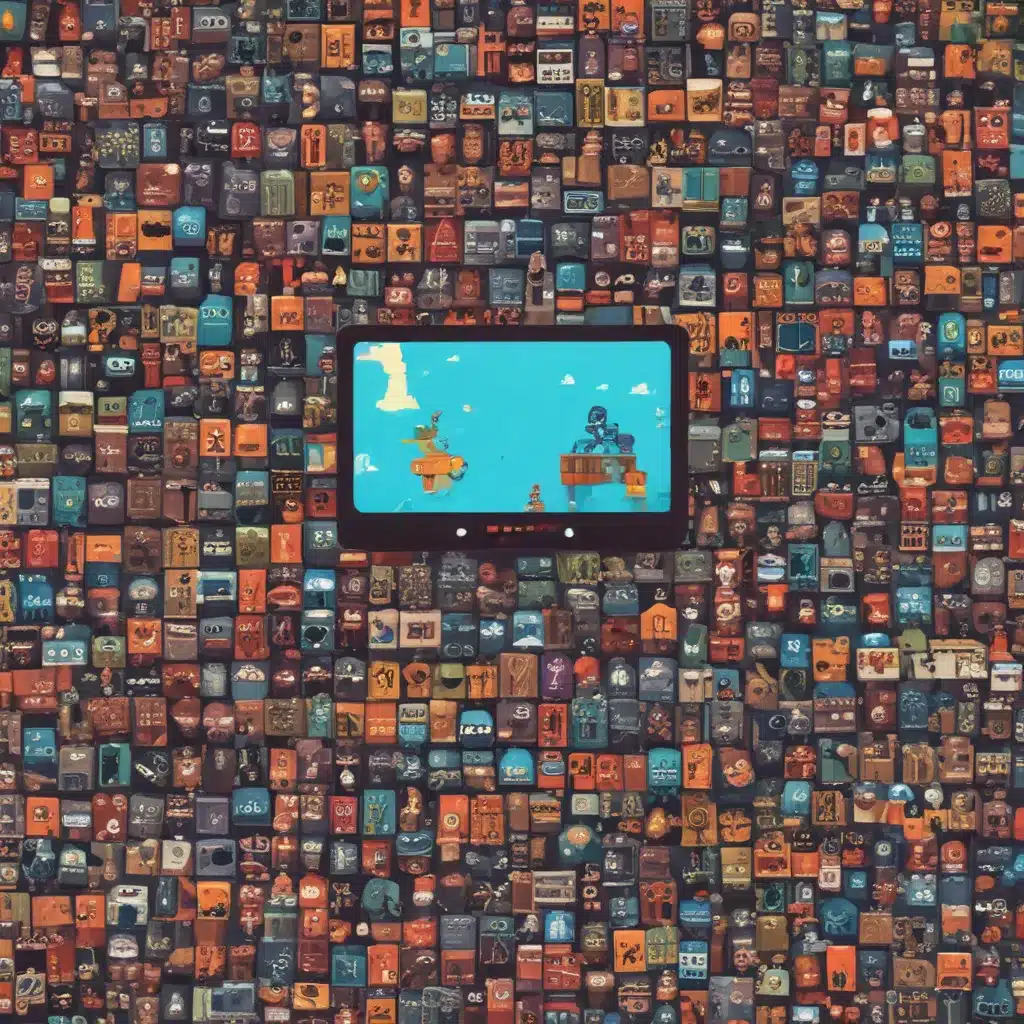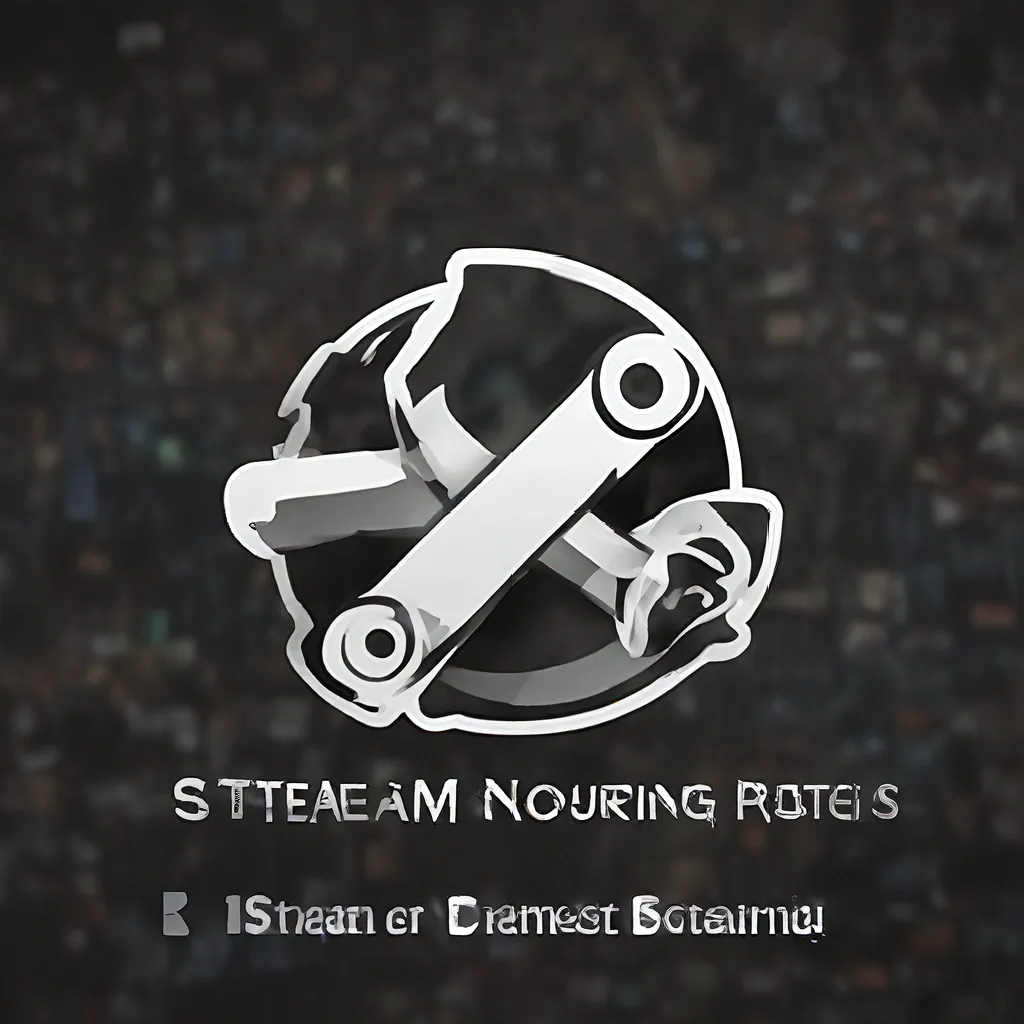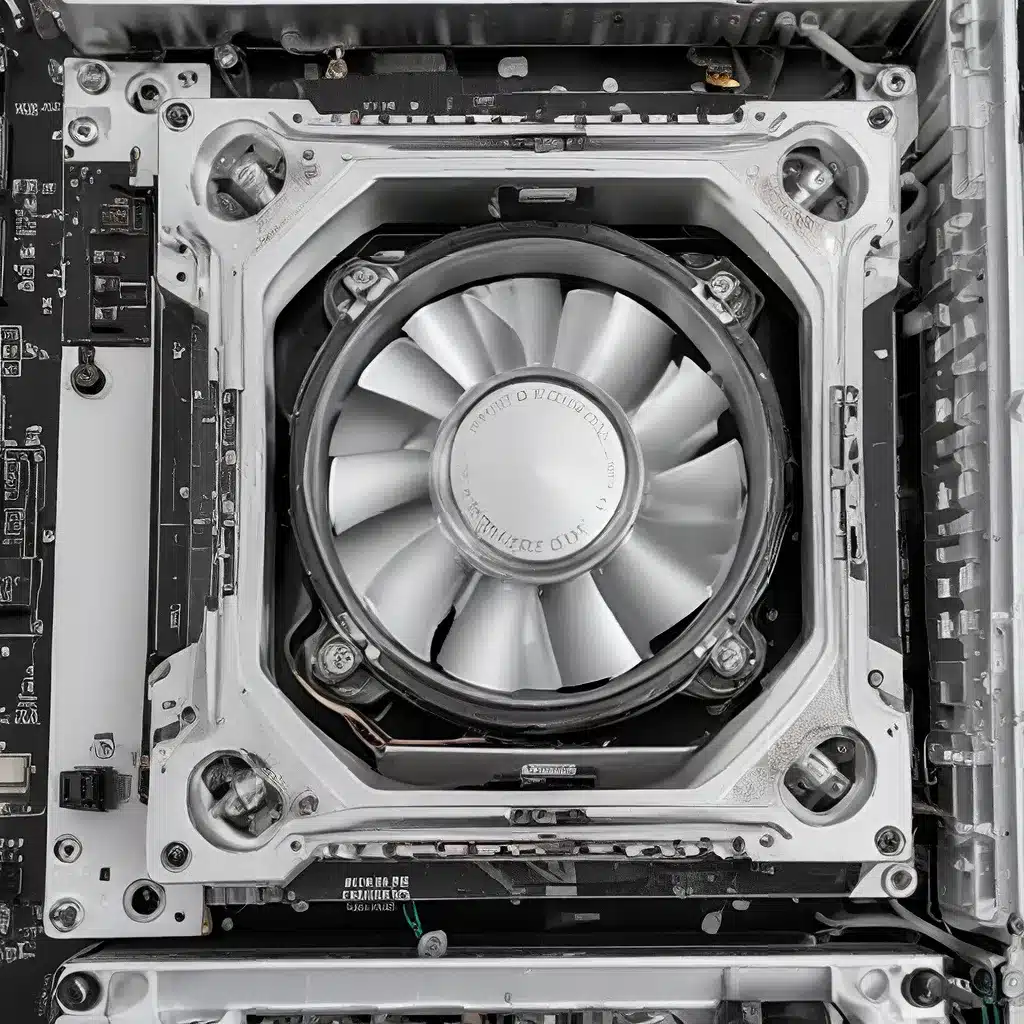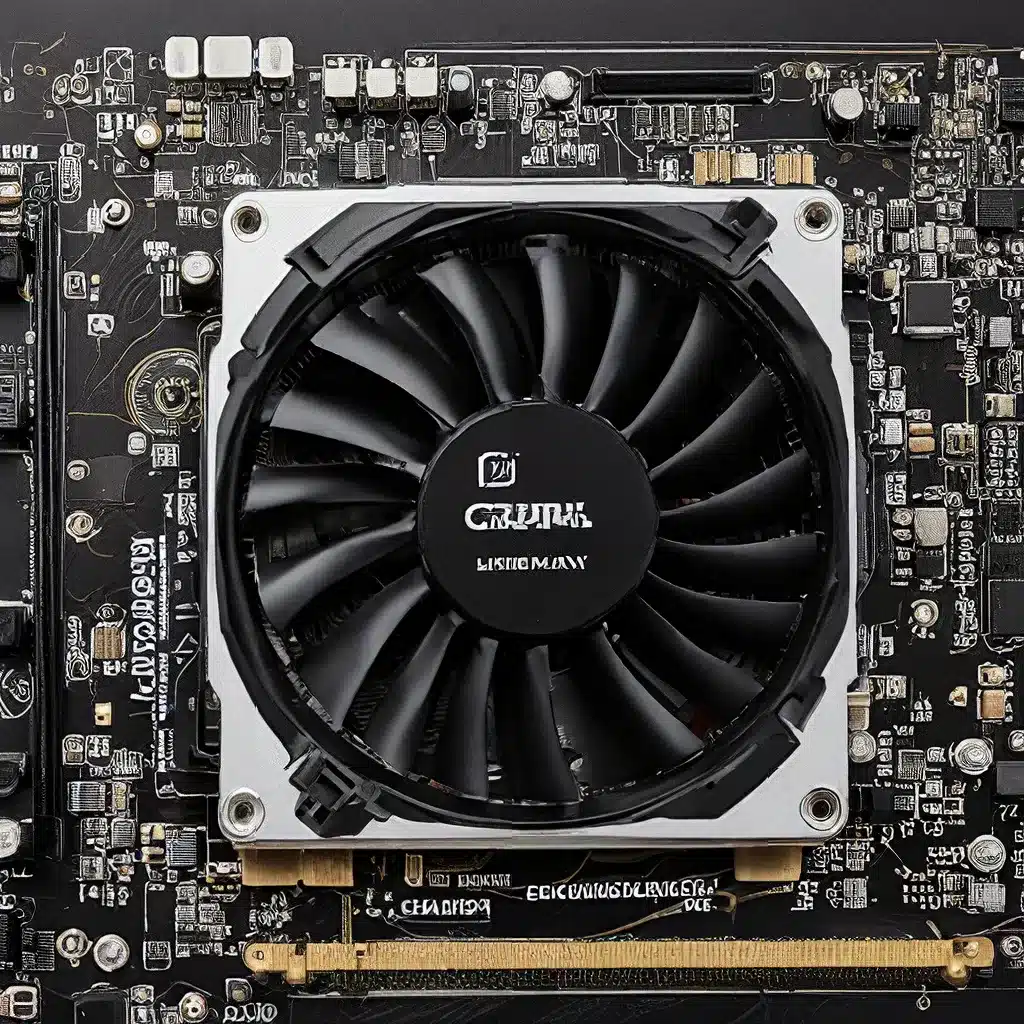The Humble Beginnings of Gaming Greatness
As a lifelong gamer, I’ve always had a special place in my heart for indie games. There’s just something about the passion, creativity, and sheer determination that goes into these small-scale projects that captures my imagination. And trust me, I’m not alone – indie games have been making waves in the gaming community for years, proving that you don’t need a massive budget or a team of hundreds to create something truly special.
Let me take you back to the early days of gaming, when the industry was still finding its footing. Back then, the big-budget blockbusters dominated the landscape, with their slick graphics, sprawling open worlds, and Hollywood-level production values. But amidst all that glitz and glamour, a new wave of gaming pioneers was emerging – the indie developers. [1]
These were the mavericks, the visionaries, the dreamers who refused to be constrained by the traditional gaming model. They saw the potential in creating experiences that were not just visually stunning, but emotionally resonant, intellectually stimulating, and downright fun. And they were willing to take risks, to push the boundaries of what was possible, to create games that were unlike anything else on the market.
The Indie Advantage
Of course, the rise of indie games wasn’t without its challenges. Indie developers often faced an uphill battle, competing against the deep pockets and vast resources of the major publishers. But they had something that the big guys couldn’t buy – a genuine passion for their craft, and a willingness to experiment and innovate. [2]
And that’s where the real magic of indie games lies. Unencumbered by the need to appeal to the widest possible audience, indie developers were free to explore niche genres, experiment with unconventional mechanics, and tell stories that were deeply personal and meaningful. The results were often games that were unlike anything else on the market – games that challenged our preconceptions, expanded our horizons, and left us utterly captivated.
Take a game like “Stardew Valley,” for example. [3] On the surface, it’s a simple farming simulation game, but beneath the surface, it’s a rich, immersive world filled with memorable characters, engaging quests, and a soothing, meditative gameplay loop. Or consider “Undertale,” a game that subverts the traditional RPG formula with its unique dialogue system and heartwarming storyline. [4] These are the kinds of experiences that you just can’t find in the big-budget blockbusters.
The Indie Spirit
But it’s not just the games themselves that make indie developers so special – it’s the spirit that drives them. These are the people who are in it for the love of the craft, not the pursuit of profit. They’re the ones who are willing to toil away in obscurity, pouring their hearts and souls into projects that may never see the light of day. [5]
And when they do succeed, when their games finally break through and find an audience, the sense of joy and accomplishment is palpable. You can feel it in the way they engage with their fans, the way they pour their hearts into every update and patch, the way they respond to feedback and criticism with a genuine desire to improve and grow.
It’s that unwavering passion, that relentless pursuit of perfection, that sets indie developers apart. And it’s why, in my humble opinion, indie games matter more than ever. In a world that’s increasingly dominated by corporate behemoths and cookie-cutter experiences, the indie scene is a beacon of hope – a reminder that gaming is still a medium where creativity, innovation, and the sheer joy of play can thrive.
The Future of Indie Gaming
So what’s next for the world of indie gaming? Well, if the past is any indication, the future is bright. [6] As technology continues to evolve and the barriers to entry continue to fall, we’re likely to see an explosion of new and exciting indie projects hitting the market. And with the rise of digital distribution platforms like Steam, itch.io, and the Epic Games Store, it’s never been easier for indie developers to get their games in front of a global audience.
But it’s not just about the games themselves – it’s about the community that surrounds them. Indie gaming has always been a space where passionate fans and developers come together to share ideas, provide feedback, and support one another. And as that community continues to grow and thrive, I have no doubt that we’ll see even more incredible, genre-defying games emerge.
So whether you’re a seasoned gamer or a newcomer to the scene, I encourage you to keep an eye on the indie gaming landscape. You never know what hidden gem you might discover – a game that will capture your imagination, challenge your preconceptions, and remind you of the pure magic that can happen when creativity and passion collide. [7]
Because at the end of the day, that’s what indie games are all about. They’re not just about pixels and polygons – they’re about the human experience, the stories we tell, and the connections we make. And in a world that can sometimes feel overwhelming and impersonal, that’s a gift that’s truly priceless.













